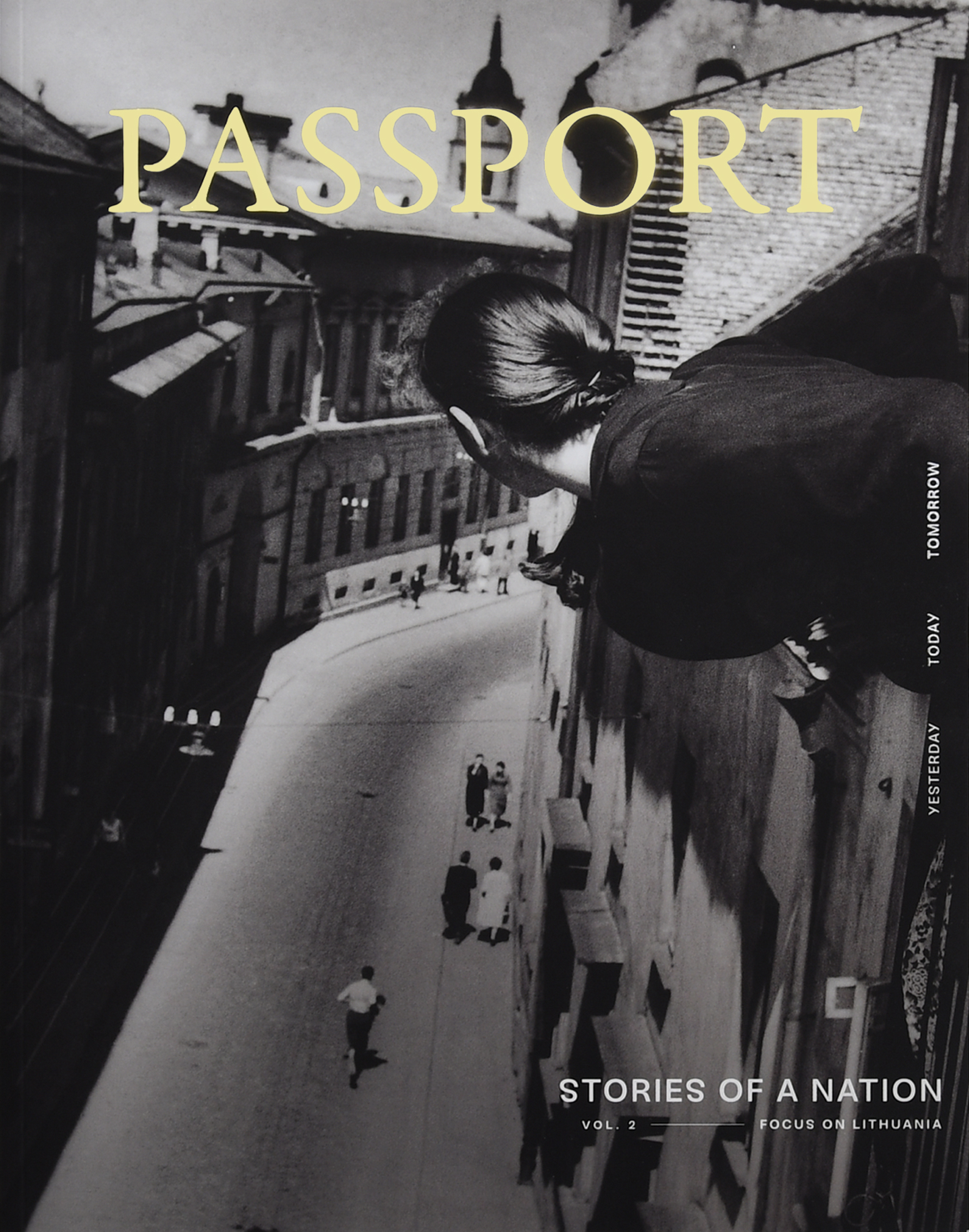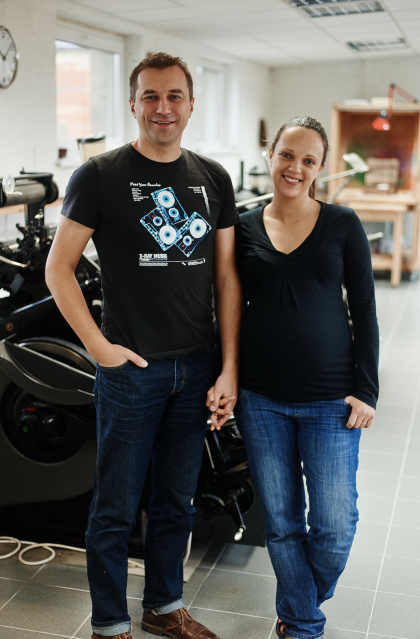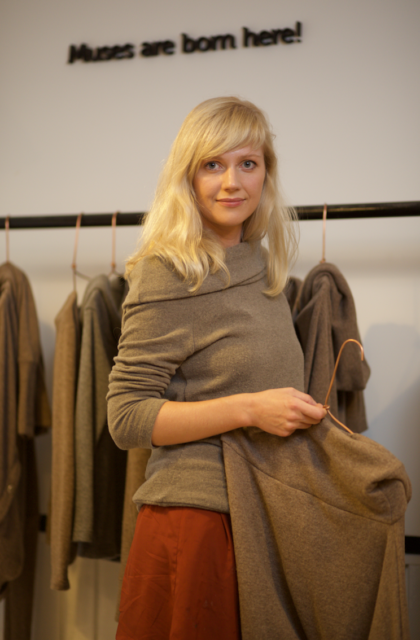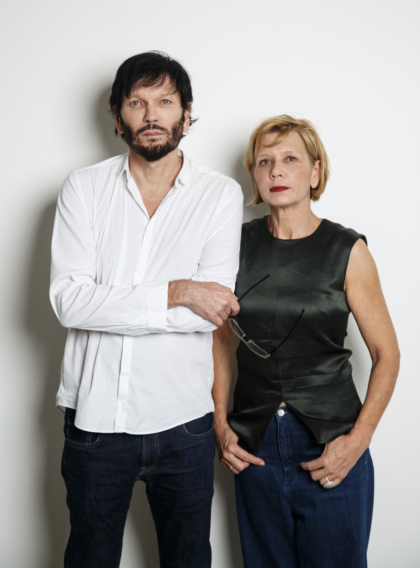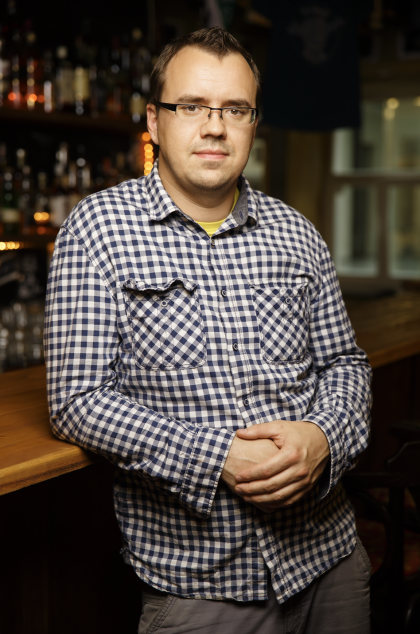Head of legal and corporate matters at the telecommunications company Telia

I think people return to Lithuania spurred by longing for their homeland, and this is a very valuable aspect that we should make use of. The best strategy is to create an environment where every individual is respected.
Giedrė Kaminskaitė-Salters
A MATTER OF TIME
You left for the UK when you were only sixteen, graduated from a high school there, got your BA degree at the London School of Economics and Political Science (LSE) and finished your postgraduate studies at the University of Oxford. Later you worked successfully at an international law firm. What motivated you to come back to Lithuania twenty years later?
I was missing my homeland all the time and I was certain that one day I would come back home. Lithuanian traditions, the language and the culture are just a few of the important elements I never let go of. I’m not going to lie – having a family strengthened my determination to come back. I wanted my children to grow up in Lithuania, to know how to speak Lithuanian and to have the opportunity to have the same experiences I had while growing up in the region of Dzūkija, surrounded by so much wonderful nature. Even though I had to adapt to the Lithuanian rhythm after coming back, I don’t have even the slightest regret about returning. To me, even the sky seems bluer here.
What did life in England teach you?
First of all, it taught me tolerance and respect to people. I’ve also realized how pointless it is to give yourself too much importance and fight tooth and nail in order to achieve your goals at someone else’s expense. Even though in our society I still see people behaving like that, this kind of mentality is totally alien to me. My first steps in England were far from easy because my family could not afford to finance my studies. I had to learn to work, which is why I understand perfectly what hunger and hard work mean. I can say that I’ve created this life for myself. I’m glad to say I didn’t face any kind of discrimination in England.
In your opinion, is life getting better in Lithuania?
Yes, Lithuania is heading in the right direction, and the new generation who have not lived through the soviet repressions will bring even more positive changes. People are still embarrassed of showing their weaknesses, of opening up, which is why they often choose assault as a method of defence. This is not natural, because once you get to know someone better you discover totally different qualities of that person: openness, respectfulness and readiness to help others. This takes time. I’m talking about the still very persistent inclination to reject a stranger at once. The younger generation has no reason to feel afraid, to hide things or talk behind someone’s back. I think the saying ‘A Lithuanian is like a wolf to another Lithuanian’ is a consequence of the long period of soviet aggression. This is why it’s only a matter of time before this attitude disappears completely.
What of sort of changes would create better conditions for those who want to repatriate?
That depends a lot on your approach. Sometimes you might think that only representatives of the establishment are able to solve all the problems. Solutions imposed on people by the establishment often don’t work. All sorts of government programmes, prohibitions, regulations or flyers proclaiming the benefits of repatriation are not going to be the solution to the problem. First of all we have to let people who live here live peacefully, and receive those who choose to come back with open arms. I think people return to Lithuania spurred by longing for their homeland, and this is a very valuable aspect that we should make use of. The best strategy is to create an environment where every individual is respected.
Could Lithuania become an example to other countries?
Absolutely. We have fabulous, well-educated and pro-active young people who are interested in new technologies and speak foreign languages. We must find ways to allow these young people to express their potential. After all, we are a small country and our problems can be solved more easily than those of larger nations. I’m positive about that. We should be proud of our country’s achievements. If we have managed to win back our freedom, nothing is impossible. According to Marcus Aurelius, ‘The mind that saved you yesterday will save you tomorrow too’. The force we defended our freedom with is capable of opening the whole world to us.

